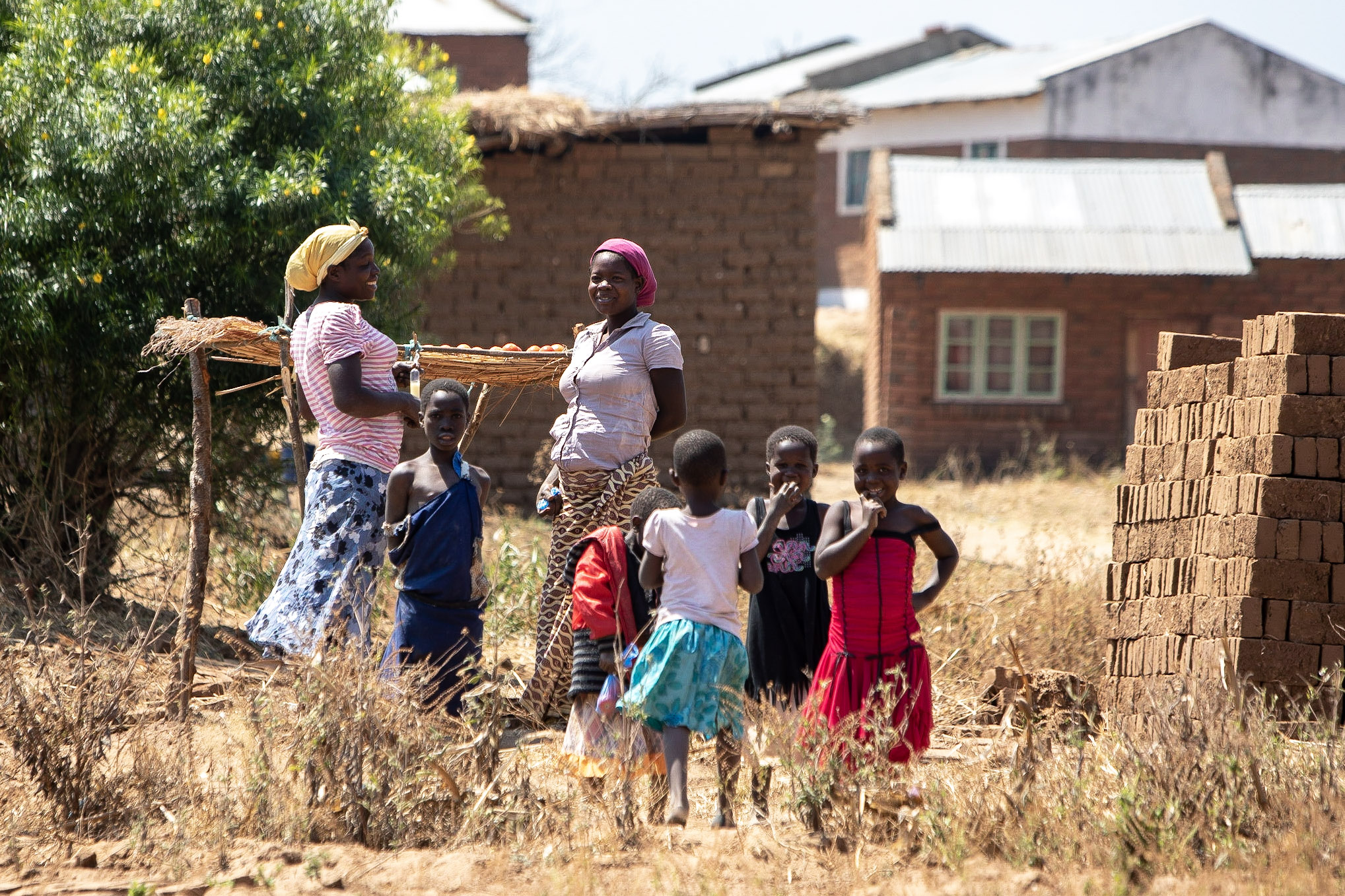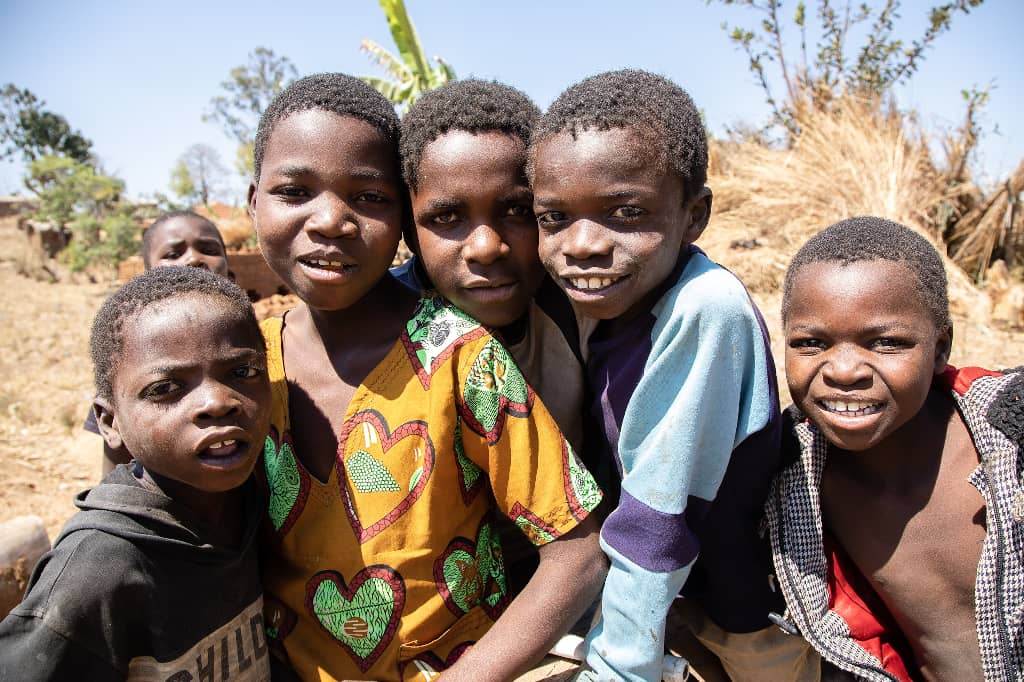You can bring real hope by helping the needy
Your donation will help to build a better future for poor communities in Malawi


Although government mostly provides education in Malawi, it is a great burden for most Malawian families to raise funds to send their children to secondary school as well as universities. Students from marginalized and disadvantaged backgrounds are far less likely to access both secondary and tertiary education
Food and Nutrition Security
Malawi continues to face several challenges in treatment and control of acute malnutrition with a prevalence of 37% stunting. Ntcheu District registers second highest stunting rate (42%) after Mchinji District which is 44%. In a common year households in Ntcheu experience ongoing seasonal deficits in food quantity for 2 to 4 months every year and they do not consistently consume a diet of adequate quality hence, chronic malnutrition.
Youth and Women Empowerment
Malawi’s population is largely youthful with 80% of its population aged below 35 years and with a median age of 17. The youthful population is acknowledged as being one of Malawi’s strongest assets, and the Malawi Growth and Development Strategy (MGDS) II 2011-2016 listed youth development and empowerment as one of its nine priorities.
Water, Sanitation and Hygiene
Latest news delivered right to your inbox!